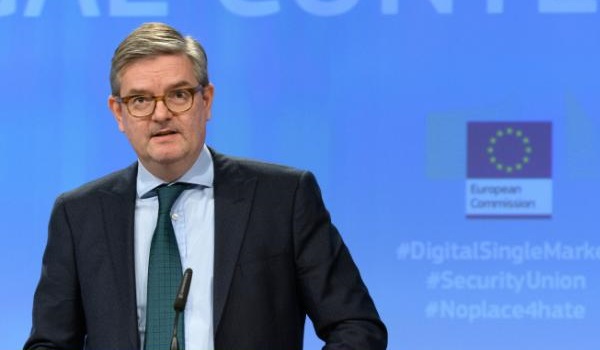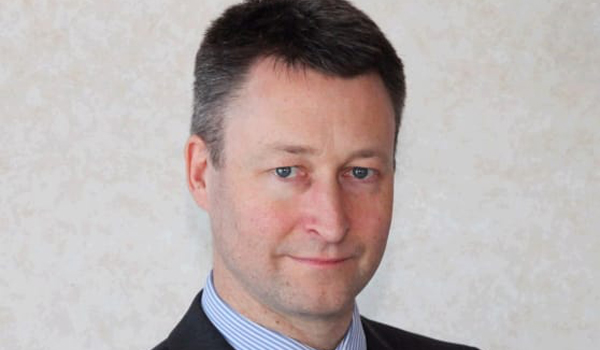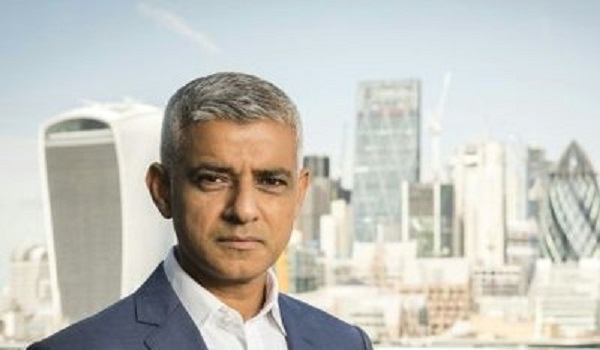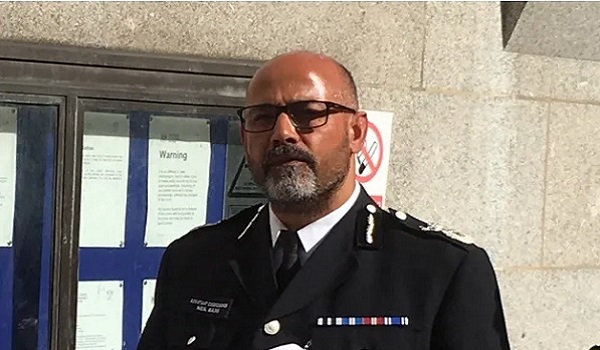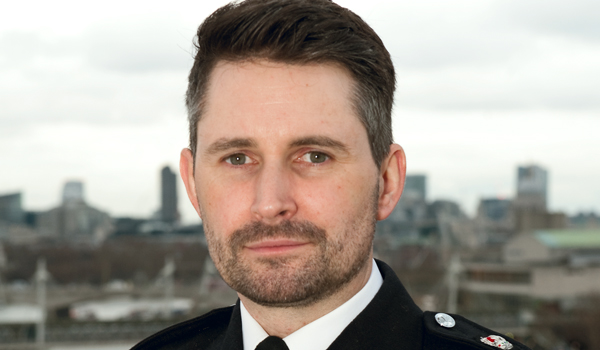UK hit hardest by terror in 2017
The UK experienced almost twice as many terror attacks as any other EU country last year following a spike in the threat from violent jihadism.
More than 100 of the 205 terror plots that were foiled, failed or completed in EU Member States in 2017 occurred in the UK, according to new analysis by Europol.
The vast majority of these were committed by dissident Republicans in Northern Ireland – but jihadist-inspired atrocities across Europe more than doubled over the last year, causing more deaths than any other form of terrorism.
Europol’s annual Terrorism Situation and Trend report (TESAT) states that the total number of reported terror plans also rose by 45 per cent, marking the first shift from an overall downward trend that started in 2014.
Nearly all casualties reported in 2017 were the result of jihadist attacks, as the number of successful and unsuccessful plots motivated by this form of extremism grew from 13 to 33.
Ten of these terror plots were completed, 12 failed to reach their objectives in full, and the remaining 11 were foiled, mostly in France and the UK.
In total, 62 people were killed in the ten successful attacks, 35 of whom lost their lives in the UK. The majority of these died in May’s Manchester Arena bombing, but other casualties emerged in the London Bridge attack the following month and in the Westminster Bridge attack in March.
Europol has now called for closer working between its members to keep people safe from the growing threat.
Julian King, European Commissioner for the Security Union, said: “We need to keep our collective eye on the ball, and strengthen our efforts at EU level to deny terrorists the means they need to carry out attacks.”
A total of 205 foiled, failed and completed terrorist attacks were reported in 2017, up 45 per cent on the 142 recorded in 2016.
Sixty-eight people were killed, a small decline on figures from the previous year, and 844 people were injured.
The UK experienced the highest number of attacks out of any EU Member State with 107 committed within its borders.
This was followed by France (54), Spain (16) and Italy (14). Eighteen countries reported arrests of suspects, with 411 made in France and 168 in the UK.
A total of 975 people were arrested across the EU for terror-related offences, down 27 on 2016.
Europol said jihadist attacks in 2017 tended to follow three main trends: targeting people instead of locations; attacking symbols of authority such as police officers; and striking against symbols of Western lifestyle.
However, these attacks are becoming less and less sophisticated, and are increasingly involving lone actors utilising knives and vehicles to kill their targets.
Ethno-nationalist and separatist attacks accounted for the largest proportion of terror attacks committed last year with 137 such incidents recorded. More than half of these (88) were security-related incidents in Northern Ireland.
Meanwhile, attacks by left-wing and anarchist groups decreased slightly to 24, and five right-wing plots were foiled, failed or completed.
Earlier this week, chief EU negotiator Michel Barnier warned that the UK will likely lose access to key security arrangements such as Europol and the European Arrest Warrants once it leaves the bloc next year.
However, GCHQ head Jeremy Fleming highlighted the UK’s contribution to EU counter-terror efforts, claiming it played a critical role in foiling at least four European terror plots this year.
Dimitris Avramopoulos, European Commissioner for Migration, Home Affairs and Citizenship, said: “Terrorism will continue to be a threat for the world, Europe, our citizens, our security and our way of life for the foreseeable future.
“Last year, while jihadist-inspired attacks increased, so did our preventative actions – with at least 11 attacks foiled. This is the strongest testament to the necessity of working together to defeat terrorism.
“Europol’s annual report leaves no doubt that the problem affects all of us equally, and we can only address it with collective action, unity of purpose, and above all trust. A genuine and effective Security Union in Europe is the surest way to tighten the screws on terrorists until they no longer have space to commit their atrocities.”


